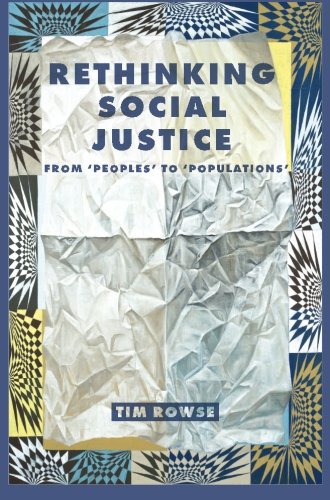

Most ebook files are in PDF format, so you can easily read them using various software such as Foxit Reader or directly on the Google Chrome browser.
Some ebook files are released by publishers in other formats such as .awz, .mobi, .epub, .fb2, etc. You may need to install specific software to read these formats on mobile/PC, such as Calibre.
Please read the tutorial at this link: https://ebookbell.com/faq
We offer FREE conversion to the popular formats you request; however, this may take some time. Therefore, right after payment, please email us, and we will try to provide the service as quickly as possible.
For some exceptional file formats or broken links (if any), please refrain from opening any disputes. Instead, email us first, and we will try to assist within a maximum of 6 hours.
EbookBell Team

4.8
24 reviewsIn the early 1970s, Australian governments began to treat Aborigines and Torres Strait Islanders as “peoples” with capacities for self-government. Forty years later, confidence in Indigenous self-determination has been eroded by accounts of Indigenous pathology, misplaced policy optimism, and persistent socio-economic gaps. This record accounts for this shift by arguing that Australian thinking about the Indigenous is a continuing, unresolvable tussle between the ideas of “peoples” and “population.” Offering snapshots of moments in the last 40 years in these tensions are palpable—from honoring the heritage and quantifying the disadvantage to acknowledging colonization’s destruction and projecting Indigenous recovery from it—this book not only asks if a settler colonial state can instruct the colonized in the arts of self-government, but also how could it justify doing anything less.